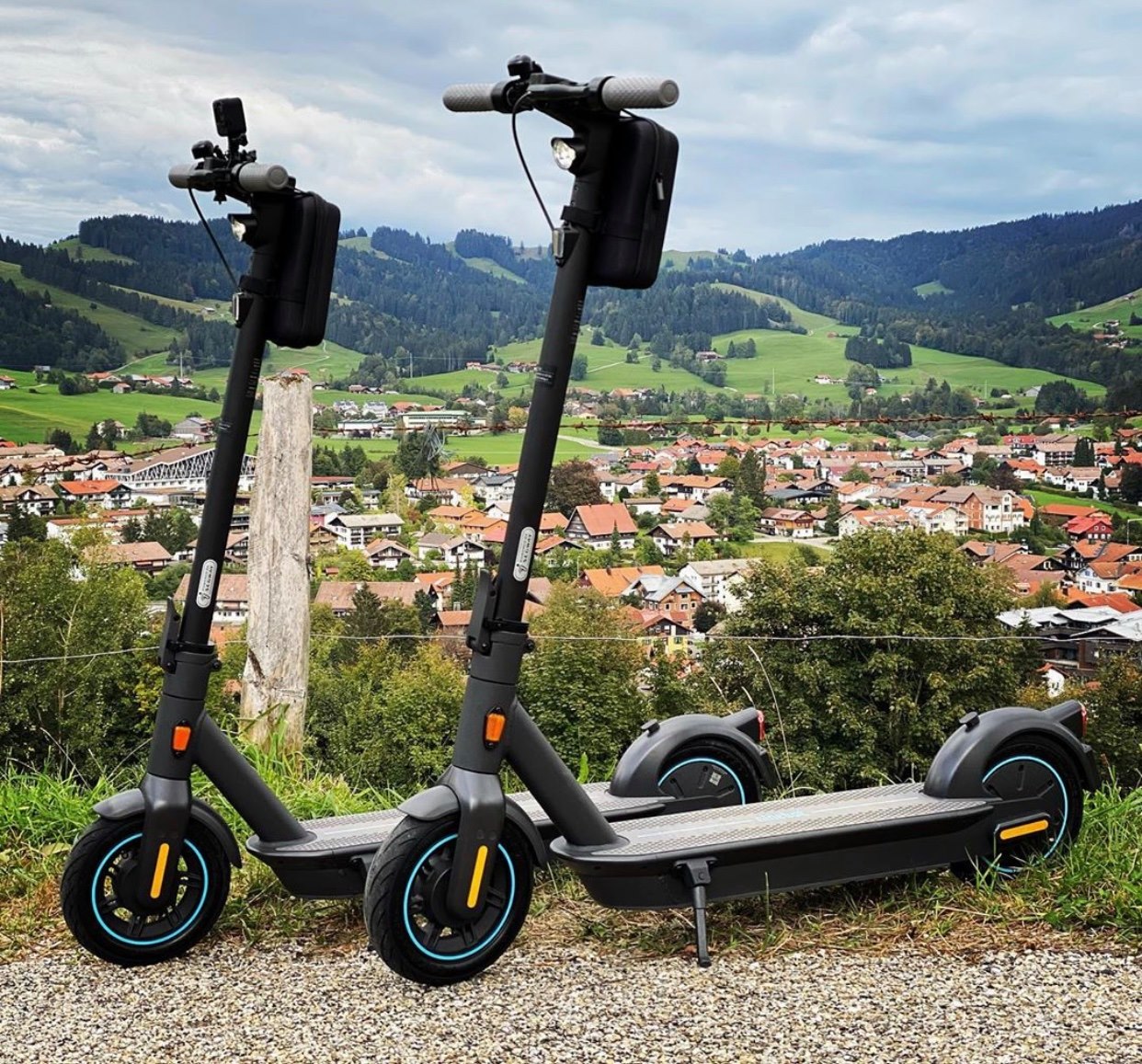
Survey Shows E-Scooters Replace Both Car and Walking Journeys
1126 days ago
2 minutes
Source: Cities-Today, June – A survey by Ford’s micromobility arm Spin has revealed that travel behaviour across Essex in the UK has shifted since the introduction of the county’s shared e-scooter scheme in December 2020.
As more deployments roll out, a key concern for cities is whether e-scooters can encourage people out of cars without reducing active travel.
Spin found that more than three-quarters (82 percent) of its riders in Essex have opted for an e-scooter instead of a solo car trip at least once since the pilot launched. Almost a third (31 percent) of respondents would have used a car for their most recent journey instead of a scooter, if the scheme had not been available.
However, data also showed that 38 percent of riders would have chosen to walk instead of travelling by e-scooter had the scheme not existed. The research also found that during a typical week, half of the riders surveyed took between two and ten e-scooter journeys in Spin’s service areas, with nearly half (44 percent) using an e-scooter to connect with public transport at least once. Nine in ten (86 percent) consider the e-scooters to be a safer option than public transport in terms of COVID-19 health concerns.
Steve Pyer, UK Country Manager at Spin “One of the first questions we’re usually asked by cities or councils is will these [e-scooters] just take people away from walking? I think the evidence [from the survey] does show that people would have walked in just over a third of cases if no e-scooter was available, so that is something that could be addressed.”
The survey was based on 519 Spin riders’ responses in six Essex towns and cities: Brentwood, Braintree, Basildon, Colchester, Chelmsford, Clacton-on-Sea, with data collected between 1-4 May 2021.
Find the complete article here.
Photo credits: Segway-Ninebot
Annick Roetynck
Annick is the Manager of LEVA-EU, with decades of experience in two-wheeled and light electric mobility.
Campaign success
Lorem ipsum dolor sit amet, consectetur adipisicing elit, sed do eiusmod tempor incididunt ut labore et dolore magna aliqua.
Member profile
Lorem ipsum dolor sit amet, consectetur adipisicing elit, sed do eiusmod tempor incididunt ut labore et dolore magna aliqua.